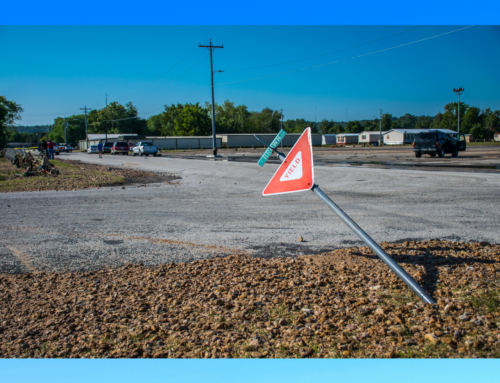The headline of this article may sound facetious, but the new edition of Bridges to Sustainable Communities includes a step-by-step process communities can use to implement our sustainable strategies and practices.
Chief among the updates to Phil DeVol’s Bridges to Sustainable Communities is the addition of “12 Thinking Tools for Bridges Out of Poverty Initiatives.” Combining theory with practice, this new chapter describes in detail 12 strategies communities can use in their efforts to help people out of poverty. Each strategy, or “tool,” comes with how-to instructions for deploying the tool. With updates to the text and the addition of even more online resources, Bridges to Sustainable Communities is an excellent introduction to concepts from Bridges Out of Poverty and Getting Ahead in a Just-Gettin’-By World.
Bridges initiatives aim to effect change on four levels—individual, institutional, community, and policy—and they have been successful on all four levels, all around the country. Ohio enacted statewide legislation that draws on concepts from Bridges and Getting Ahead. The law created opportunities for county-level Healthier Buckeye Councils to form and help Ohioans make the transition out of poverty. The councils have been extended through 2017 in Ohio House Bill 64.
The first edition of Bridges to Sustainable Communities was compiled and published in 2010 in the hope that the articles it collected into one place could be used by communities reeling in the effects of the Great Recession. Five years on, as the country continues to climb its way out of that crisis, the processes laid forth in this book are ever more attractive to systems thinkers and policymakers.
The release of the new edition, available online now, will be celebrated at the Addressing the Challenges of Poverty conference being held in Cincinnati, Ohio, October 4–6. This sold-out conference brings together national leaders from all sectors in one venue for networking and learning in order to create healthier, stronger communities, colleges, and schools.
Please direct media inquiries to Lynn Jackson at ljackson@ahaprocess.com or (316) 461-3688.








